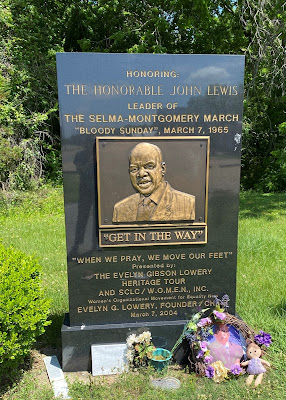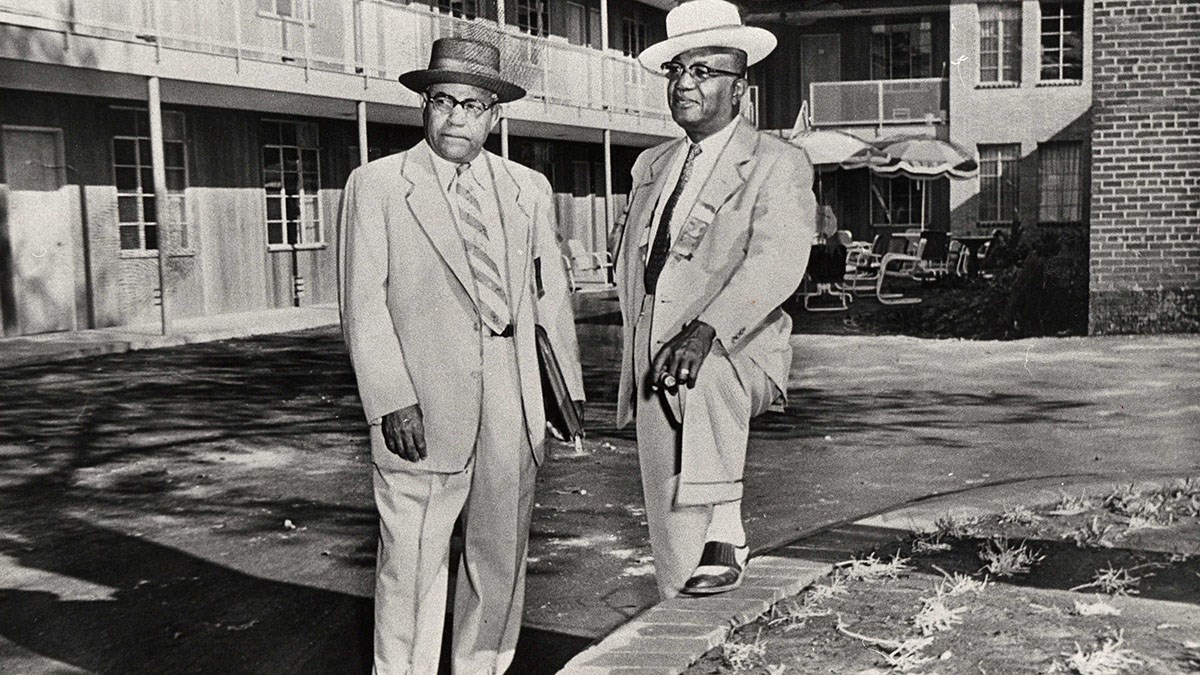Qualified immunity isn't an easy concept to grasp. There isn't an elevator pitch. It's pretty involved. But let's start with this:
Every person in the United States has rights that are protected. Also true is the fact that governments have made themselves and their 'agents' somewhat invincible when it comes to lawsuits.
Recall that this country supposedly wanted to break up with King George III, in part because he was unaccountable; he was immune from prosecution. Our bewigged forebears didn't like that. It's known as sovereign immunity, and it's part of why they dumped him.
However, when the chips were down and the quill pens were out, the ancestral legislators of the so-called Land of the Free decided that well, maybe a little immunity wasn't such a bad thing for them, as a government. And so, they put sovereign immunity into the Constitution. There's a little YouTube primer here.
Then the states put sovereign immunity into their statutes as well. They also added governmental immunity, which gives protection from suit to state and local governments and agencies.
It was only natural that this immunity would trickle down to the individual, and so you have qualified immunity for an agent of the state. But qualified immunity was developed solely by the courts--the judicial branch instead of the legislative branch.
In real life, qualified immunity takes away the rights supposedly guaranteed to the people by the government, and says, "okay, now prove that you can have these rights, and once you've done that, prove that they were violated."
That's what this post is about: these rights have never been granted to everyone, and haven't been protected or enforced by any level of government with consistency and equity.
Qualified immunity means you can get injured, wrongly arrested, beaten, wrongly convicted, maliciously prosecuted, killed--it's endless--and you likely won't have any recourse if those deeds have been committed by law enforcement. It will take years and even decades to get a final decision on whether your case can even be brought for trial. That's right. You have to bring suit to see if you can bring suit. And you're paying for it all the while, unless an advocacy organization has agreed to help you.
It becomes even more convoluted if a federal officer violated your rights; they are virtually untouchable, and were recently made more so by the U.S. Supreme Court in Egbert v. Boule.
If you've done some reading on the civil rights struggle during the 1960's, it's clear that Black Americans did not have the rights enumerated in the U.S. Constitution. These rights were kept from them through violence, intimidation, control of the workforce, mass incarceration, sharecropping, and more. Much of this was enforced or committed by local police, who were acting illegally, immorally, and unethically. It wasn't just happening in law enforcement: these violent and repressive tactics were permitted by the criminal legal system as well.
Qualified immunity actively supports the violation of civil rights, and increases police misconduct and leaves victims without any recourse. Qualified immunity can be eliminated at the State level. Do you know what your state statute says about immunity for government officials?
More Reading
Qualified Immunity (americanbar.org)





















